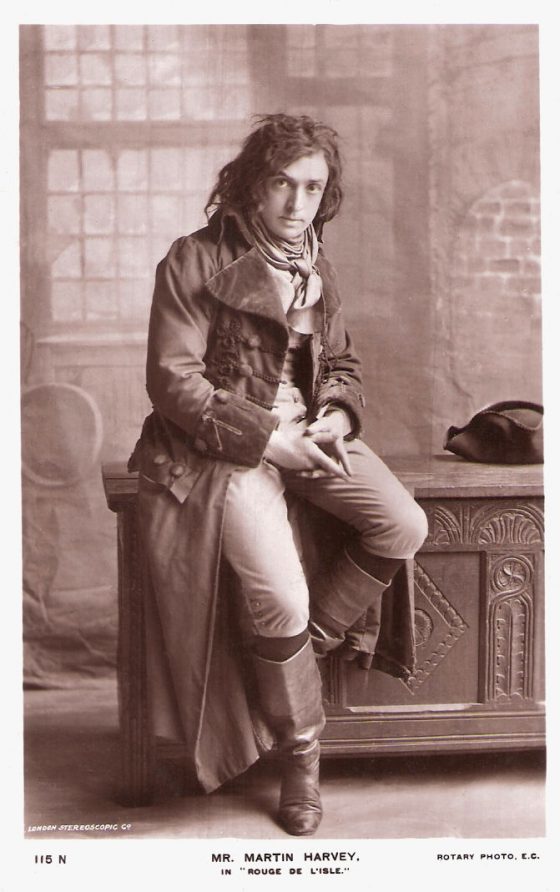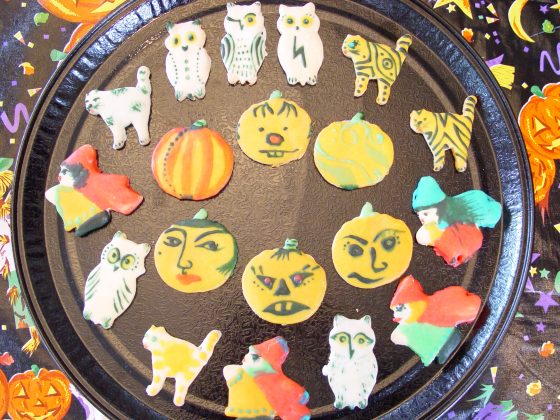
How does one choose a story? Or does a story choose its teller? For me, random triggers in my subconscious coalesce and spark inspiration that is not yet a story but rather the embryo of one. That seed, with time, might ripen enough to be worth planting. But the seed of a story doesn’t contain a compelling narrative that grabs and doesn’t let go until the very last word and beyond. A good story stays with its reader long after the last word is seen or heard. It rises unbidden in the middle of the night to infiltrate the reader’s dreams and deliver something new — a melding of what the author was trying to tell and what the reader took away. What does it take to develop a good story? A spark of imagination is one. Persistence is another — it takes time and perseverance to get words down on a page. But there’s more. I believe that good stories, like all good products, are constructed following a design process. There are always constraints on how the story needs to be told for a specific audience. There are industry demands on authors. There is a ton of background research.…






